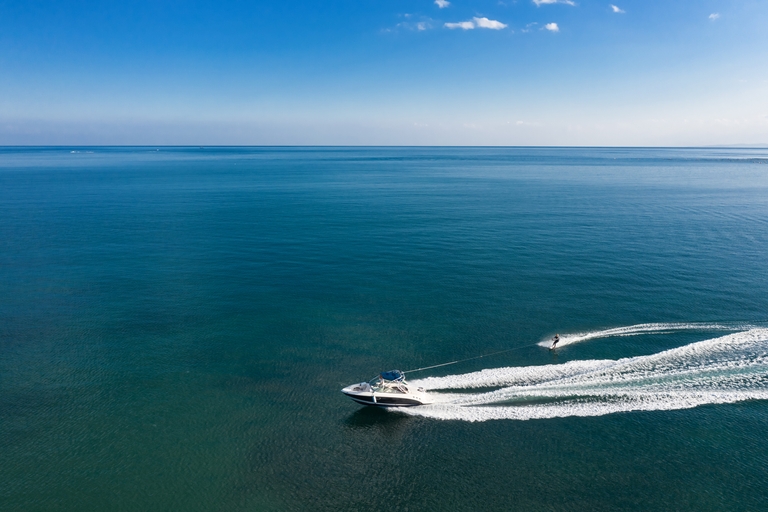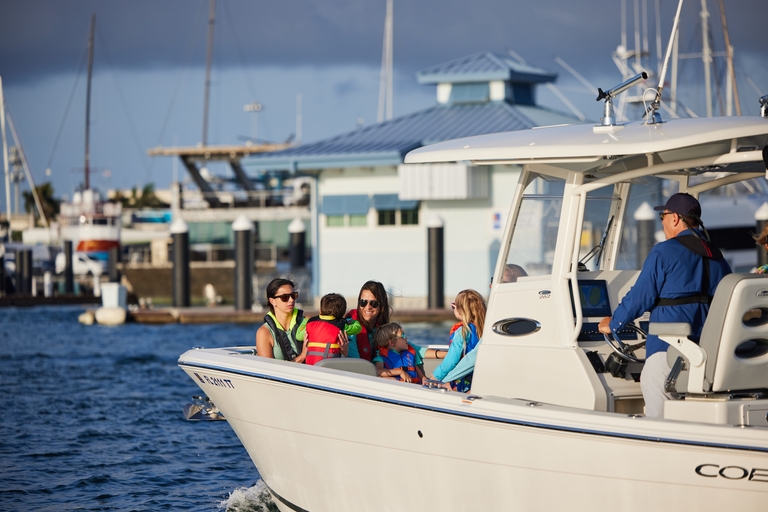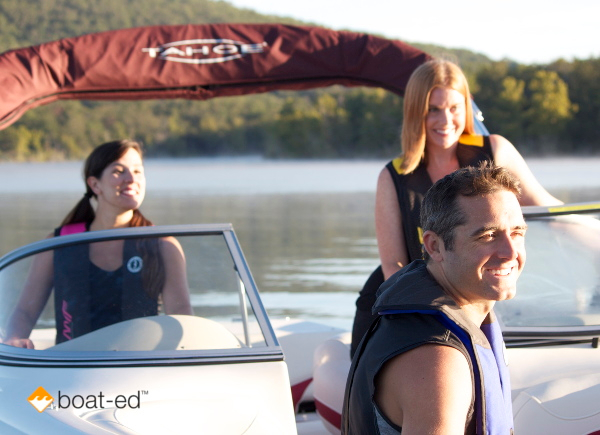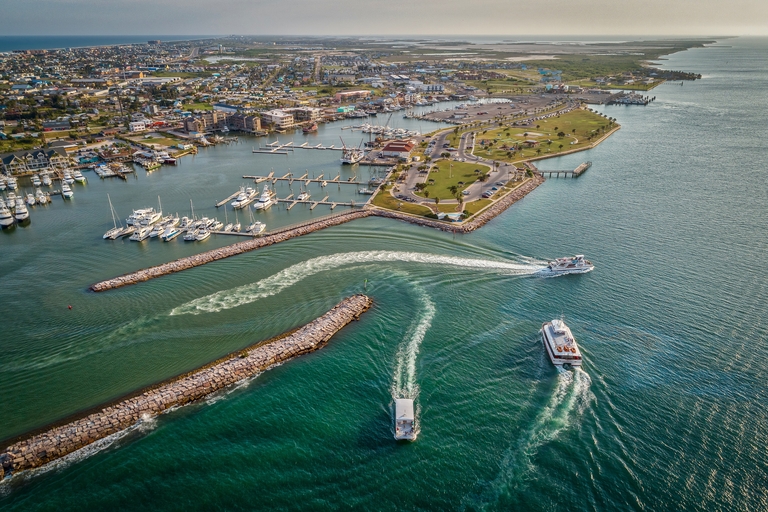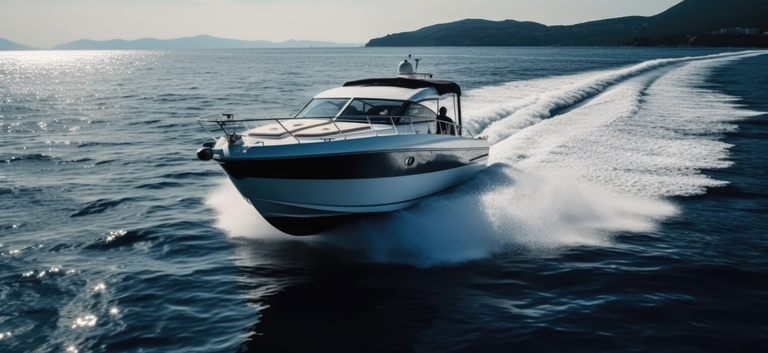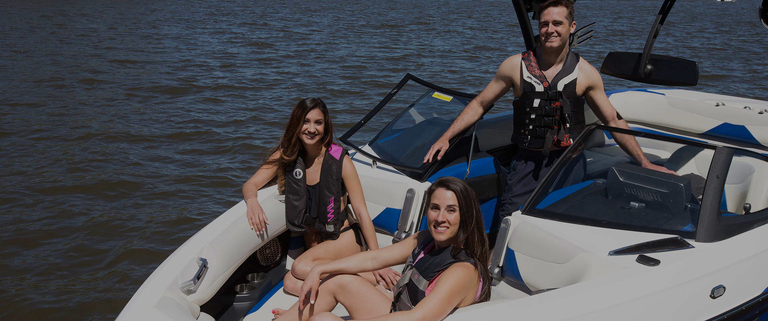A Guide to Boat Safety Equipment for Yachts
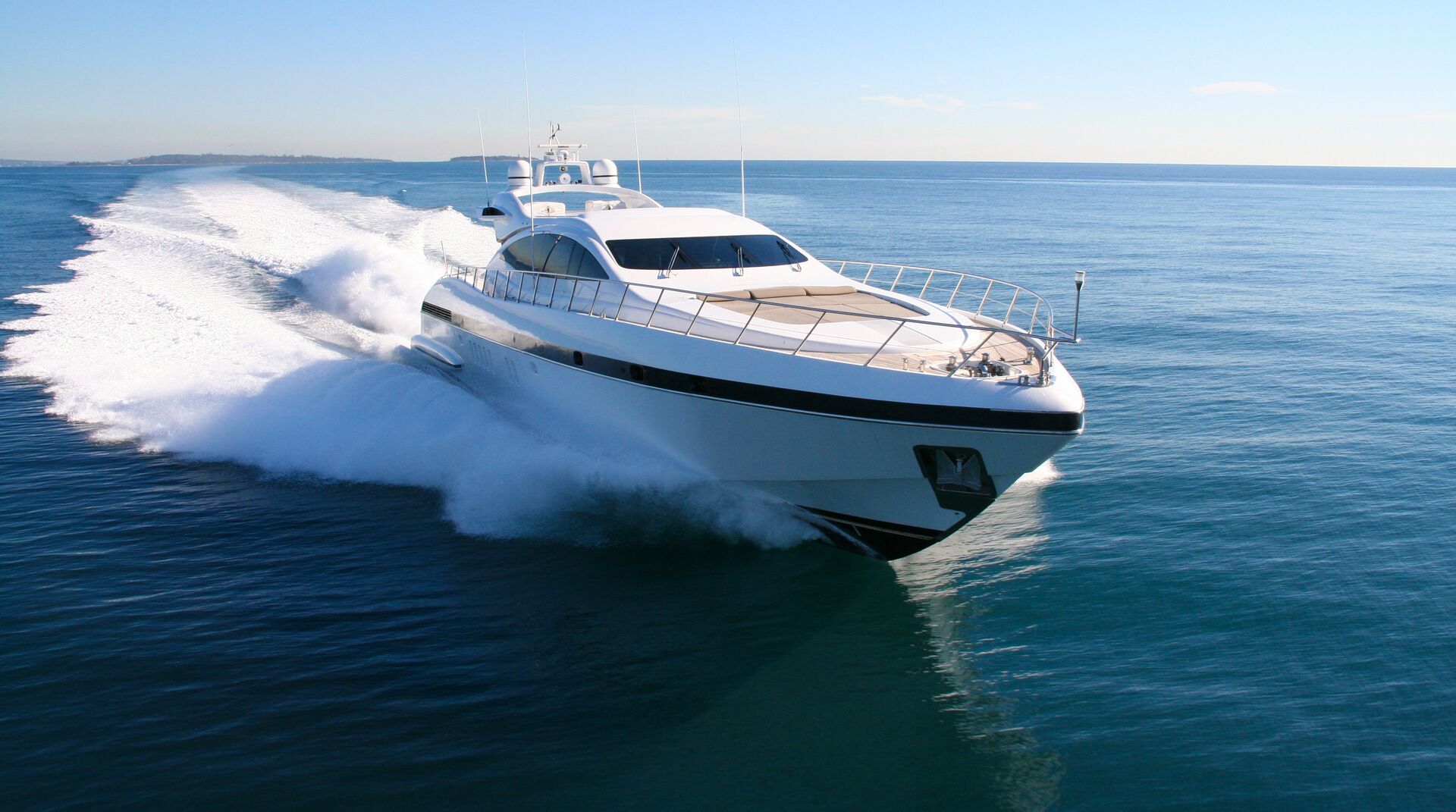
Do you own or operate a yacht? If so, it needs the proper safety equipment.
Yes, even a luxury vessel like a yacht must follow proper safety guidelines, including meeting all safety equipment and protocol requirements. So, any time you head out on your yacht – or a friend's yacht – it must be equipped with the proper equipment and protocols to keep you and everyone on board safe while on the water.
So, what boat safety equipment do yachts need? Here's what you need to know about the right type and amount of safety equipment to have a good time on your vessel and follow all the essential tips for safe boating.
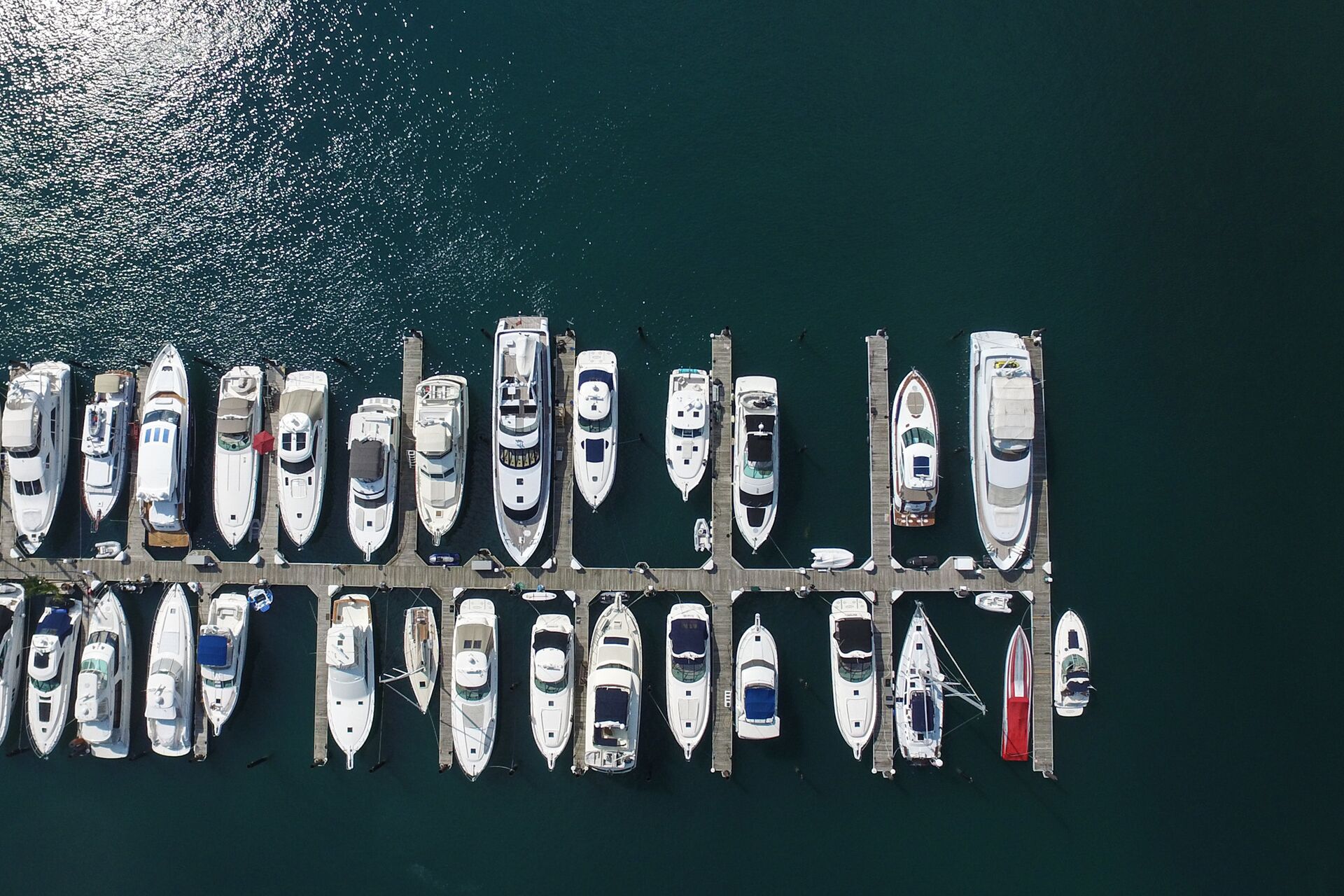
What Is a Yacht?
If you have a recreational watercraft over 30 feet (approximately nine meters), you have one that can generally be called a yacht. It's important to remember that yachts are always recreational, though, and commercial vessels that are 30 feet or longer don't qualify for that term.
It's not just the size of the vessel that matters, either, as it should also meet other criteria. Typically, this criteria involves being ocean-going and able to handle rough seas and deep water. They require a crew, too, and aren't like small boats that one or two people can handle.
What Does a Yacht Need to Keep People Safe?
A day on the water in a yacht may be a once-in-a-lifetime experience for many boat enthusiasts. However, whether you own one or simply get to enjoy someone else's luxury watercraft, it needs specific equipment to ensure your safety while on the water.
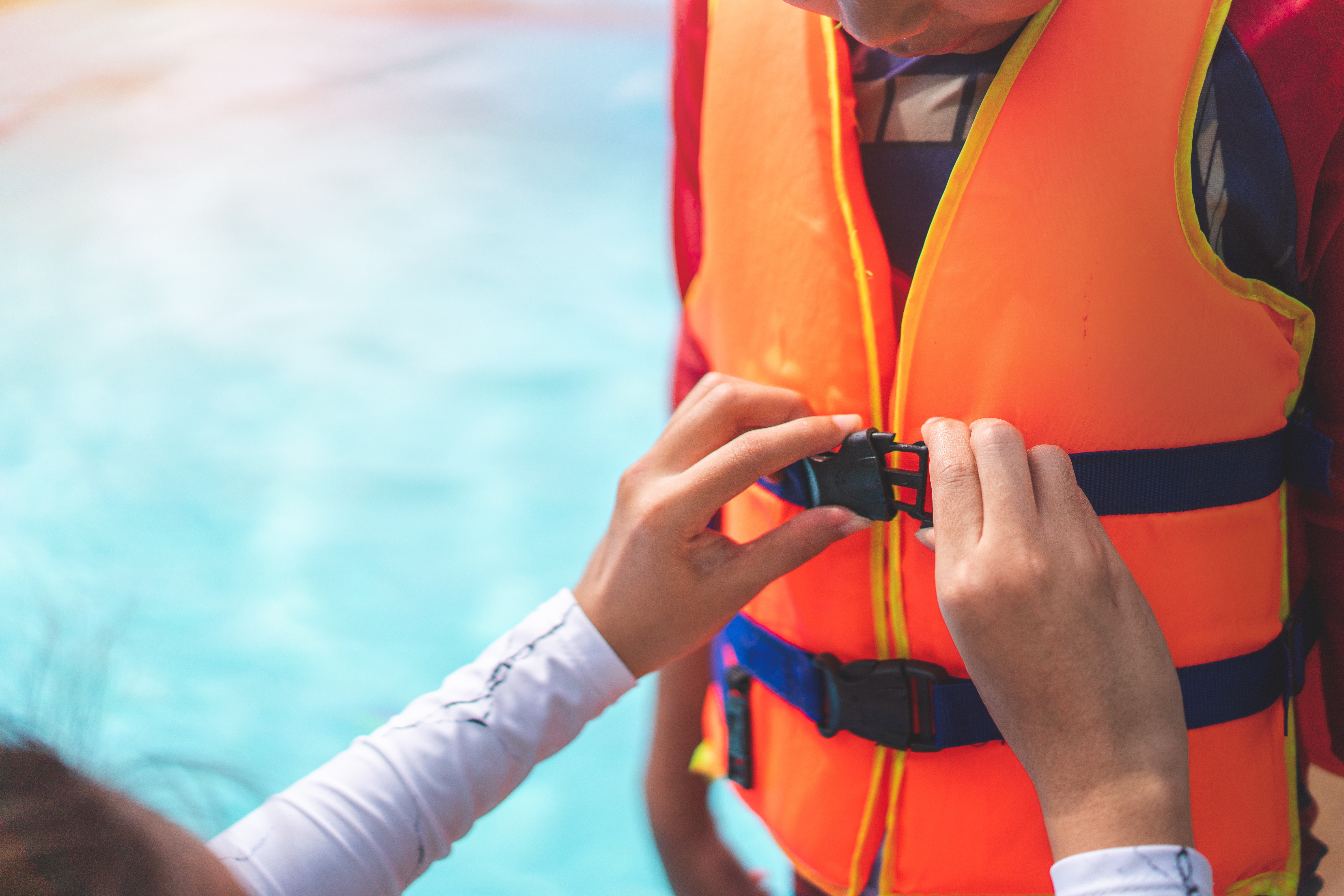
Life Jackets
An adequate number of appropriately sized life jackets onboard is vital for safety. That means you should have a jacket for every crew member and every passenger. Different life jackets are available, including foam, inflatable, and hybrid options.
Typically, children under thirteen must wear a life jacket when they're on a boat, while adults must have one available. Following the local laws in your area is very important to ensure you adequately protect the people on your boat and stay in legal compliance.
A First Aid Kit
You should always have a well-stocked first aid kit onboard.
This kit should be able to handle everything from minor injuries to more serious medical emergencies until professional help can get to you.
Due to the number of crew members and others typically on board, yachts should have a kit large enough to provide help and medical care to more than one or two people.
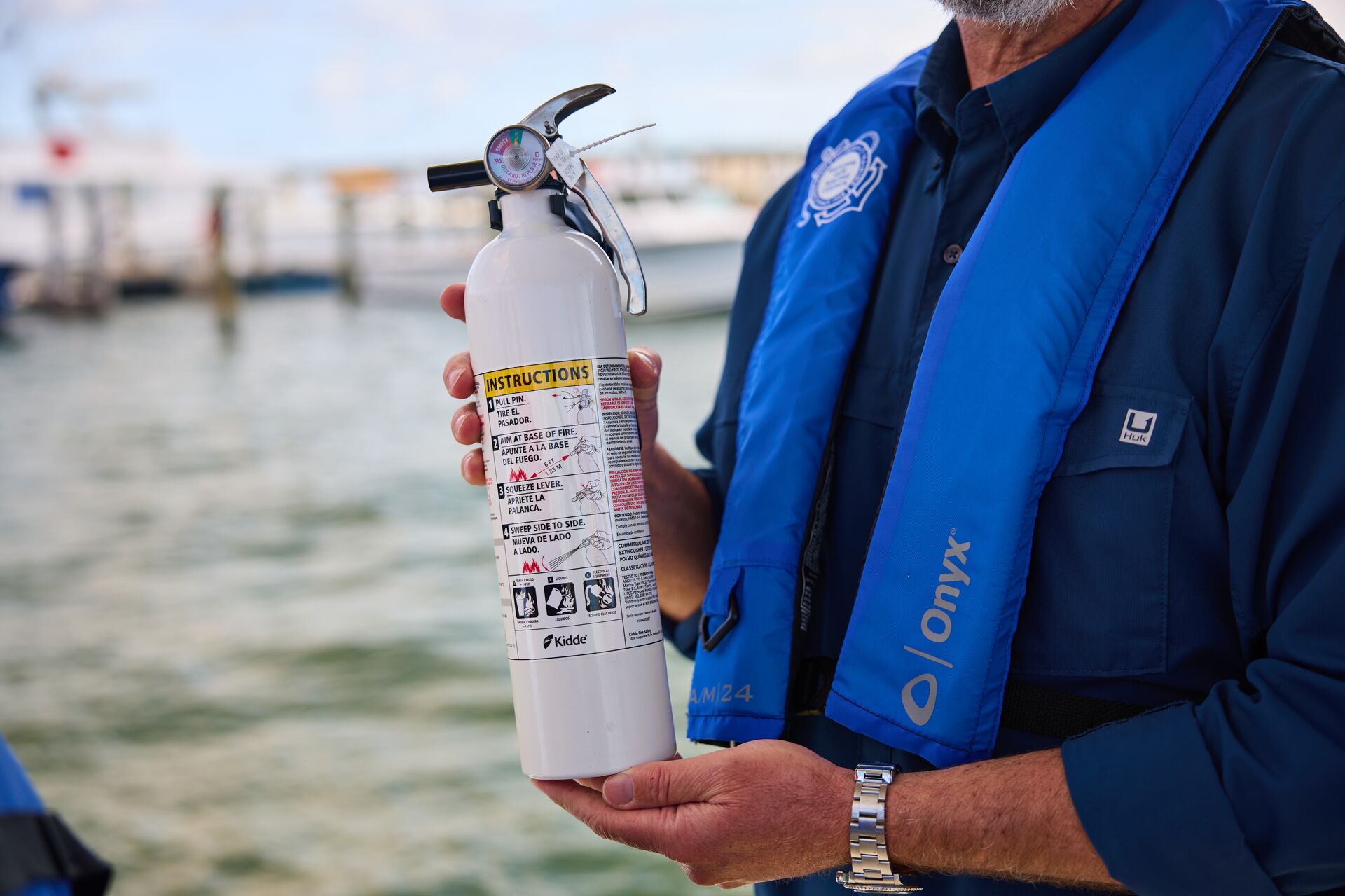
Fire Extinguishers
The number of fire extinguishers required for any vessel is mainly based on size. That's why smaller boats generally only need one, while much larger vessels typically require more extinguishers, larger extinguishers, or both.
ABC extinguishers are good options because they can handle various types of fires, but be sure to choose extinguishers that are specifically rated for marine use.
Emergency Signaling Devices
Smoke signals, flares, and distress flags should be on your boat, regardless of size.
Larger boats typically have room for more signaling options, but you want to be sure you have everything you need. If navigating a yacht and something goes wrong, signaling an emergency can help assistance arrive faster.
Navigation Equipment
Boats of any size should have navigation equipment, but that's especially true for larger vessels that travel much further from shore.
This equipment could include charts, a compass, and GPS to ensure safe navigation. You need to be able to stay on course properly, especially in bad weather conditions or unfamiliar waters.
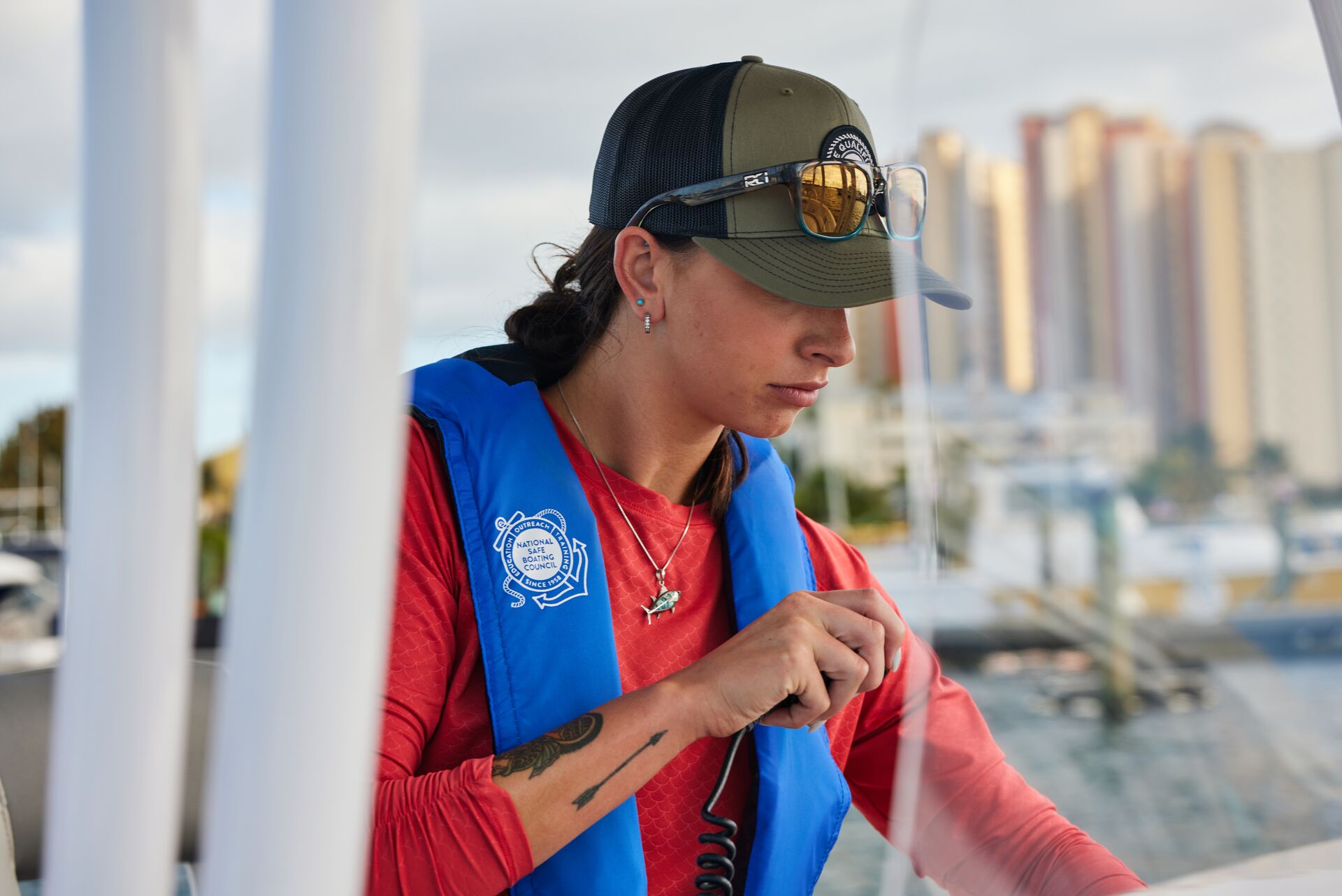
Communication Devices
Satellite phones, VHF radios, and Emergency Position Indicating Radio Beacons (EPIRBs) can all be used to contact emergency services.
Additionally, you can use them to get in touch with nearby vessels who may be able to help out in an emergency, such as a person overboard or damage to your ship.
Anchor and Anchor Line
Anchors and anchor lines secure boats during anchorage and emergency situations. They must be deployed correctly, and all crew members must know how to handle this crucial safety equipment.
Bilge Pump
A functional bilge pump can remove water from the hull and prevent flooding in case of leaks. It's also suitable for rough seas, where your ship may take on some water even when everything is sealed correctly.
Weather Monitoring Equipment
Monitoring the weather onboard your vessel helps protect you, your passengers, and your crew members. You can stay up-to-date on changing weather conditions and make informed decisions about your route and other details of your voyage.
Emergency Rations and Water
Boaters frequently take their yachts on extended trips, which means they need emergency rations and an adequate water supply.
If you happen to get stranded or need rescue that is prolonged by weather conditions, location, or other factors, you want to be sure you have everything you need.
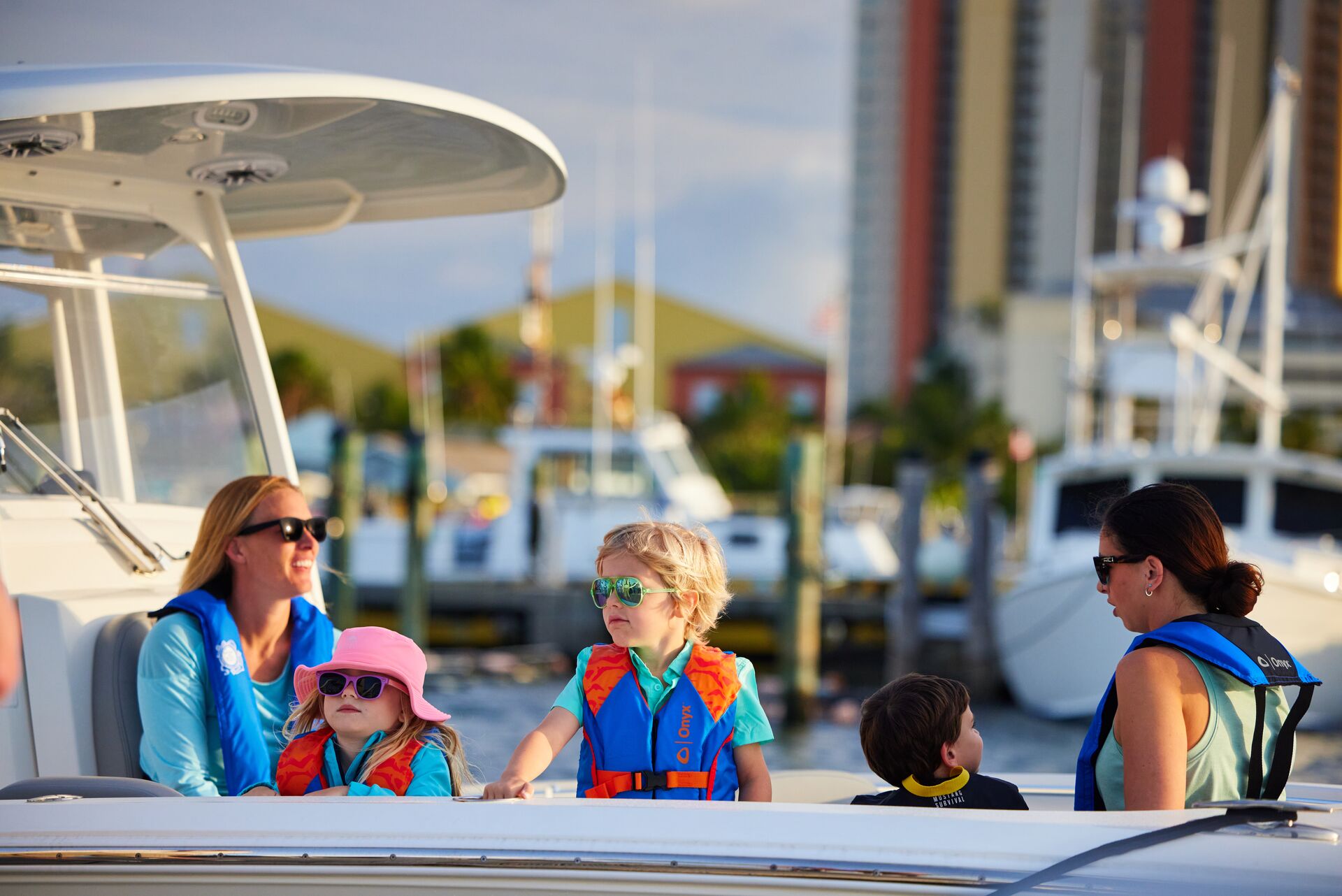
Don't Forget Training and Maintenance
Before heading out on the water, ensure you and everyone onboard understand the most critical emergency procedures.
Also, ensure that the ship's captain and crew have safety training that includes basic first aid, navigation skills, and fire safety. A boating education course through Boat-Ed can help everyone be prepared to enjoy their yachting experience.
Additionally, remember to perform necessary maintenance on your vessel and inspect its safety equipment frequently to ensure everything works properly. You don't want to have problems with safety equipment when you need it most.
A lot goes into a yacht, and you must be adequately prepared for everything it requires.
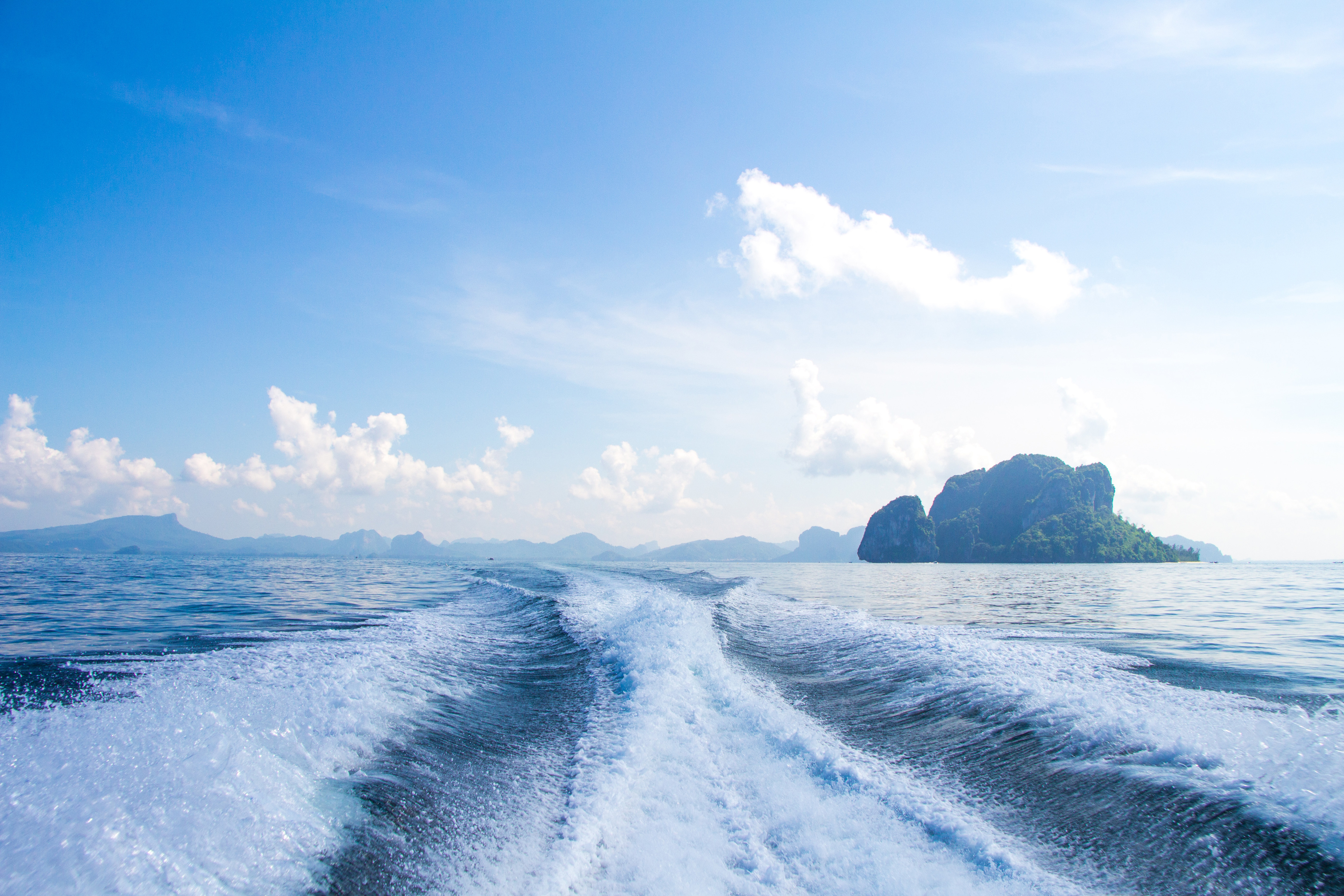
Learn More About Safe Operations for Yachts and Other Vessels with Boat-Ed
If you're a boater or watersports enthusiast looking for confidence and peace of mind, getting safety certified through Boat-Ed is the right choice. Whether you have a big boat (like a yacht) or a smaller vessel like a pontoon or fishing boat, a boater safety course applies!
Our online courses provide details about safety on the water and proper boat operations so you can feel secure on the water and more fully embrace the experience of navigating yachts or other boats.
So, before embarking on your next water adventure, find the course for your state or take our course for Canadians and get safety certified!

